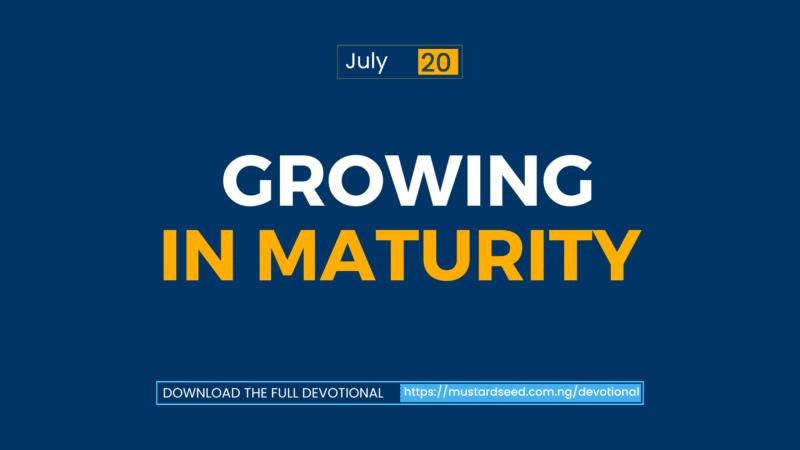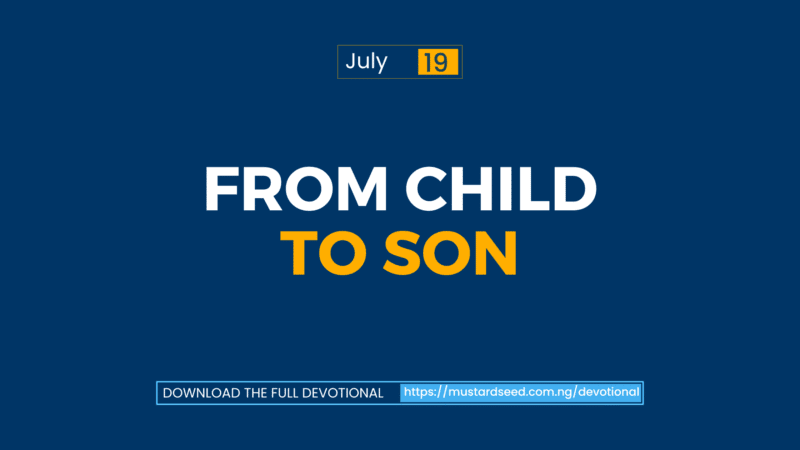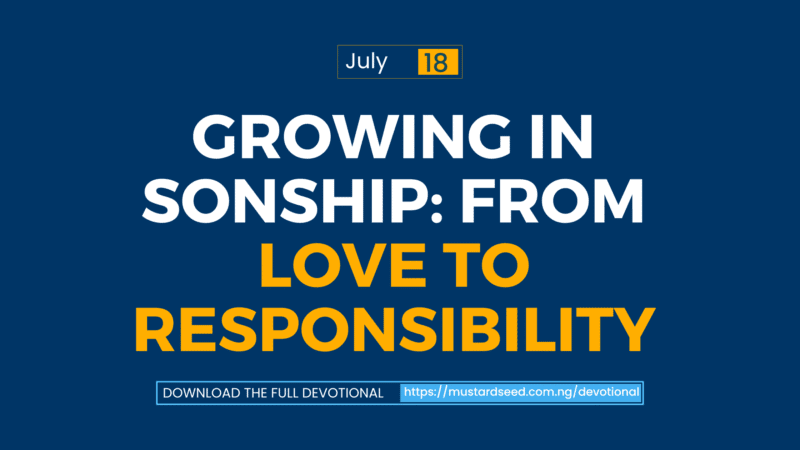You might possess natural beauty, talents, or abilities that make it easy for you to get attention or accomplish things in your own strength, but when you come under the anointing of God, those things cannot be used to fulfill His purpose for your life. Even though your natural beauty may still remain, God will not use it to carry out His divine work unless you make a deliberate choice to move from depending on your natural attributes to depending entirely on God.
In Philippians 3:3-4, the Apostle Paul talks about having reasons to place confidence in the flesh, but he chooses not to. He had all the qualifications, achievements, and abilities that could have given him a sense of pride, yet he decided to place no confidence in them. Instead, Paul recognized that true confidence comes from God alone.
You may have experienced angelic interventions that left you excited and filled with awe, but do you know that there’s a higher level of divine involvement where the Father Himself shows up for you? When you please God, He steps into your situation, and His presence makes all the difference.
In the story of Shadrach, Meshach, and Abednego, we see a powerful example of unwavering faith. When they were threatened with being thrown into a fiery furnace for refusing to worship the king’s idol, they boldly declared that God was able to deliver them. This was a matter settled in their hearts. They trusted in God’s ability to save, but they also stated something profound: “But if not”-if God chose not to deliver them for any reason-they would still not bow to the king’s idol.
The Lordship of Jesus is at the heart of Christianity. To truly follow Christ is to give up ownership of your life and everything in it. This is the kind of believer that God will bless abundantly-one who has surrendered all to Him and remains steadfast in serving Him, regardless of circumstances.
In Matthew 10:39, Jesus presents a paradox: “Whoever finds his [lower] life will lose it, and whoever loses his [lower] life on My account will find it [the higher life].” This is a powerful reminder that the pursuit of our own desires, if it becomes our primary focus, can actually lead to the loss of something far more valuable-the higher life that God has prepared for us.
God’s love for us is constant, unchanging, and everlasting. It is not based on our performance or our behaviour-it flows from His nature. As Jeremiah 31:3 reminds us, He has loved us with an everlasting love and draws us with His kindness. However, while God’s love is unconditional, His pleasure in us is not. Many believers live with the assurance that God loves them, but they have yet to understand that not everything in their lives brings Him pleasure.
Earlier, we discussed the difference between acceptance and approval in our relationship with God. When you are born again, you are unconditionally accepted into the family of God. However, acceptance does not automatically lead to approval. The Father’s declaration in Matthew 3:17, “This is My beloved Son, in whom I am well pleased,” refers to a deeper level of our walk with God. This statement speaks to our growth and maturity in the faith, where we move beyond merely enjoying the Father’s love to actively giving back to Him in service and obedience.
The difference between a child and a son is not just age but also responsibility. A child enjoys the love of a father, receiving affection, care, and provision. But a son, having received the love of the father, begins to give back-offering something in return for all the love he has received. In the first phase of our relationship with the Father, God’s love is the focus. He gave His Son for us, demonstrating that love always gives. As Christians, many of us focus on enjoying this love and blessing, but there is more to the relationship than just receiving.
In Matthew 3:17, we see two profound statements made by the Father: “This is My beloved Son” and “in whom I am well pleased.” These statements reveal the two phases of our journey as children of God. The first phase highlights God’s love for us, while the second phase focuses on our responsibility to bring pleasure to the Father as we mature in our relationship with Him.









